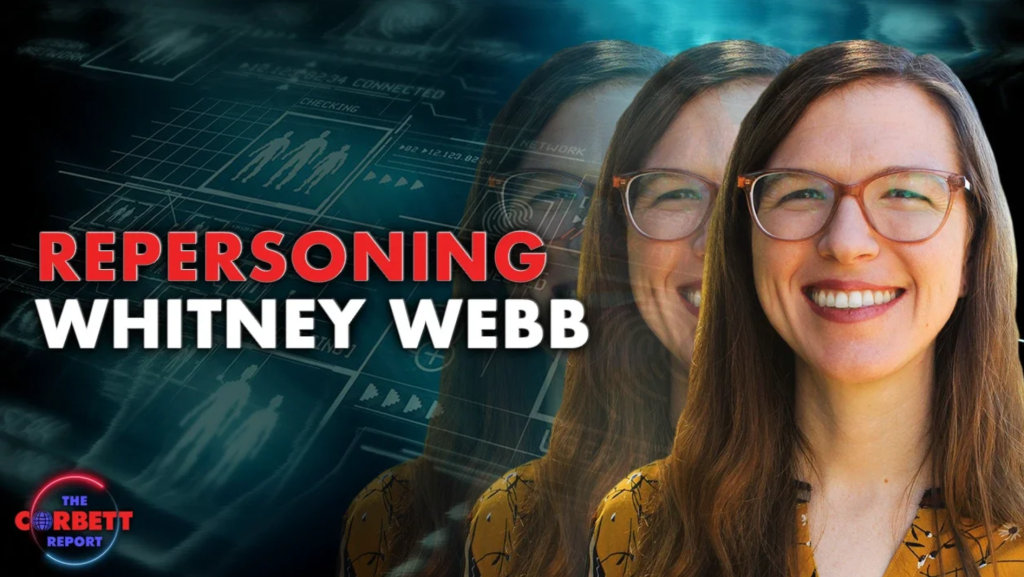On December 4, 2024, The Corbett Report features an interview with Whitney Webb that delves into the implications of digital personhood, particularly in the context of artificial intelligence (AI) and digital identities. This concept of being “digitally repersoned” raises critical questions regarding how individuals may be altered or misrepresented in digital spaces. As AI continues to advance, our understanding of digital identity and its future becomes paramount. This discussion not only addresses technological developments but also taps into broader existential inquiries about what it means to be human in an increasingly digital world.
Webb’s insights resonate deeply within today’s society, where social media has transformed the landscape of communication and identity formation. The proliferation of digital personas often leads to a disconnect between one’s real-life self and the curated online presence. As AI technologies become more sophisticated in understanding and mimicking human behavior, the risk of creating entirely synthetic identities grows. The implications of this development extend beyond individual experiences, potentially reshaping societal norms and values while raising ethical concerns regarding authenticity, consent, and privacy.
The conversation further highlights the potential for AI and digital identities to foster a post-social media internet landscape. Webb envisions a future where individuals reclaim ownership over their digital representations. This transition could lead to a more decentralized approach to online interactions, prioritizing genuine connections over algorithm-driven engagements commonplace in existing social media platforms. The shift suggests a collective drive towards creating spaces where people can engage in meaningful discourse, free from the constraints and manipulations often associated with corporate social media.
Additionally, Webb stresses the importance of community in navigating the challenges posed by digital personhood. By fostering a sense of shared responsibility among individuals, society can begin to address the ethical implications of digital repersoning. This community-driven approach adds a layer of accountability to the discourse around AI, urging both developers and users to consider the ramifications of their actions within the digital realm. Collective awareness may lead to more intentional designs for AI technologies that prioritize human dignity and respect personal autonomy.
As the dialogue progresses, it becomes clear that the future of digital identity rests upon finding a balance between innovation and ethical responsibility. Organizations, developers, and individuals must work collaboratively to ensure that as we advance technologically, we do not sacrifice fundamental human rights and values. Webb’s insights underscore the critical role that ethical considerations must play in the development of AI technologies, encouraging a cautionary yet optimistic approach towards the future of digital interactions.
In conclusion, the Corbett Report’s discussion with Whitney Webb serves as both a wake-up call and a point of inspiration. As we stand on the cusp of further technological advancements, the issues surrounding digital personhood and AI present significant challenges, yet they also offer opportunities for growth and reform. By envisioning a post-social media landscape and emphasizing community accountability, we can strive towards an internet that embraces authenticity, fosters genuine relationships, and elevates humanity’s ethical commitment in the digital age.

